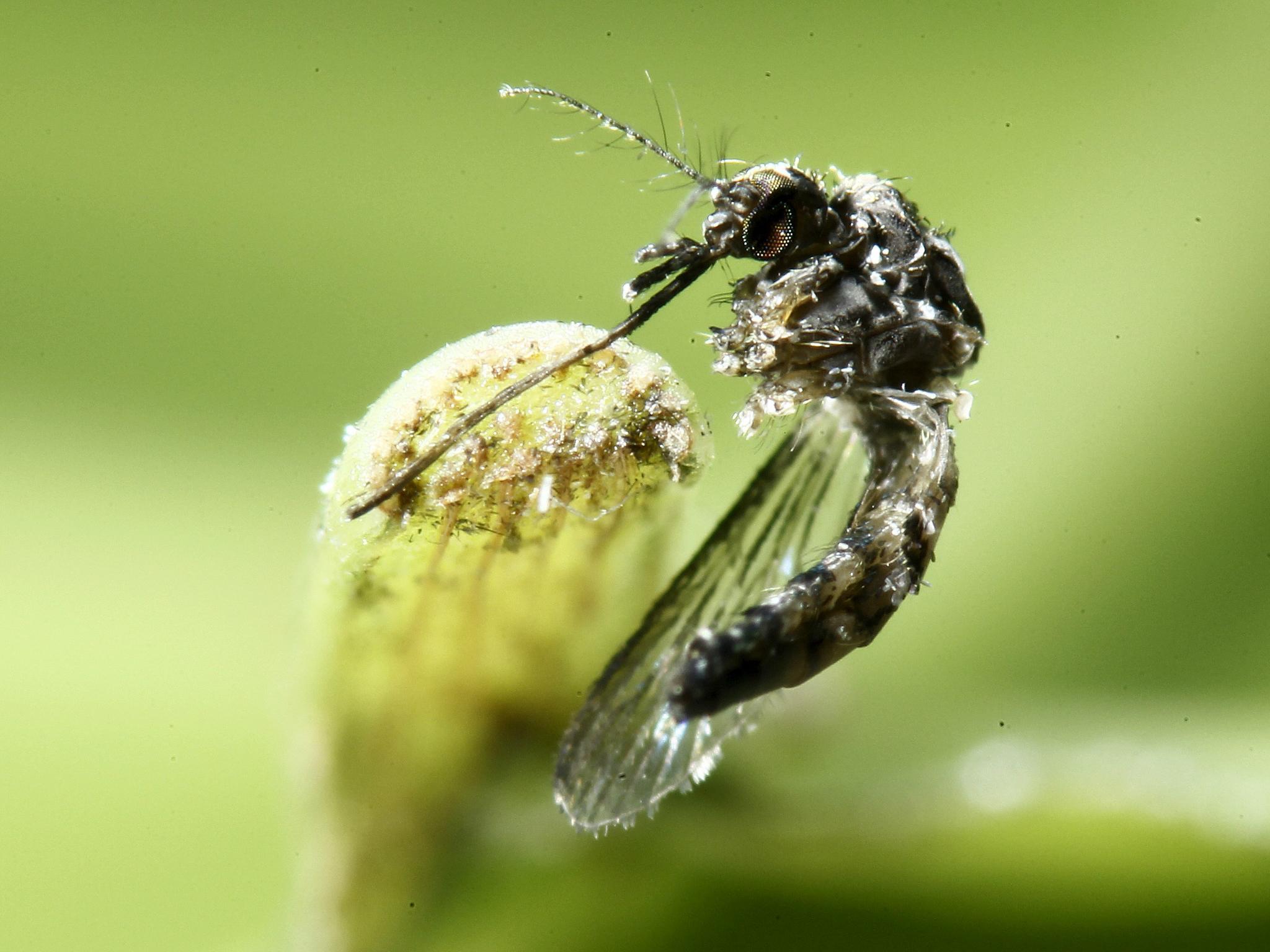Mosquitoes infected with bacteria to make them infertile released in battle against viruses
When the released males mate with wild female mosquitoes, the resulting eggs will not hatch

Your support helps us to tell the story
From reproductive rights to climate change to Big Tech, The Independent is on the ground when the story is developing. Whether it's investigating the financials of Elon Musk's pro-Trump PAC or producing our latest documentary, 'The A Word', which shines a light on the American women fighting for reproductive rights, we know how important it is to parse out the facts from the messaging.
At such a critical moment in US history, we need reporters on the ground. Your donation allows us to keep sending journalists to speak to both sides of the story.
The Independent is trusted by Americans across the entire political spectrum. And unlike many other quality news outlets, we choose not to lock Americans out of our reporting and analysis with paywalls. We believe quality journalism should be available to everyone, paid for by those who can afford it.
Your support makes all the difference.In order to fight Zika and other similar viruses, researchers are going to release thousands of sterilised mosquitoes in south Miami, Florida this week.
Researchers infected the male of the species with a bacteria in a lab and when they mate with females, the resulting eggs will die before hatching.
The Miami-Dade County Mosquito Reduction Test Program is a collaboration from the University of Kentucky and Kentucky-based company MosquitoMate.
The project is an attempt to reduce mosquito populations in the region without artificial genetic modification.
The bacteria used to infect the males, wolbachia, is a naturally-occurring substance in 60 per cent of insects including butterflies and dragonflies.
It is not harmful to humans.
It has a sterilisation effect and researchers are using it on the Aedes aegypti species of mosquito, which is the type most associated with the spread of Zika, dengue, and yellow fever.
Called cytoplasmic incompatibility, if a male mosquito that has been infected with wolbachia mates with a female that does not, the eggs laid by that female will die and subsequent populations of mosquitoes will decrease.
The company will only release males of the species because only females bite, blood feed, and can spread disease.
A trial had begun in Key West, Florida, but was interrupted by Hurricane Irma.
Join our commenting forum
Join thought-provoking conversations, follow other Independent readers and see their replies
Comments